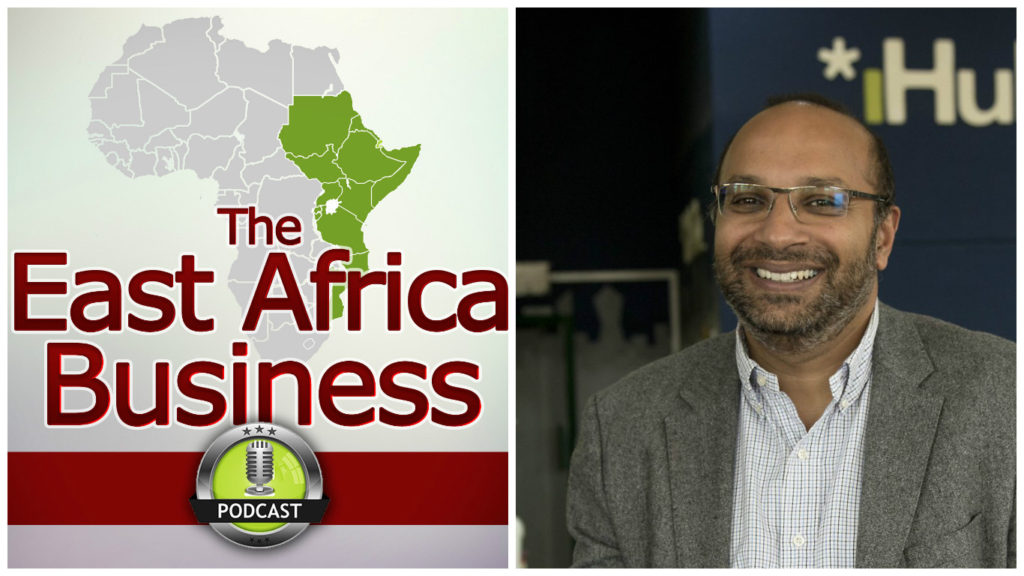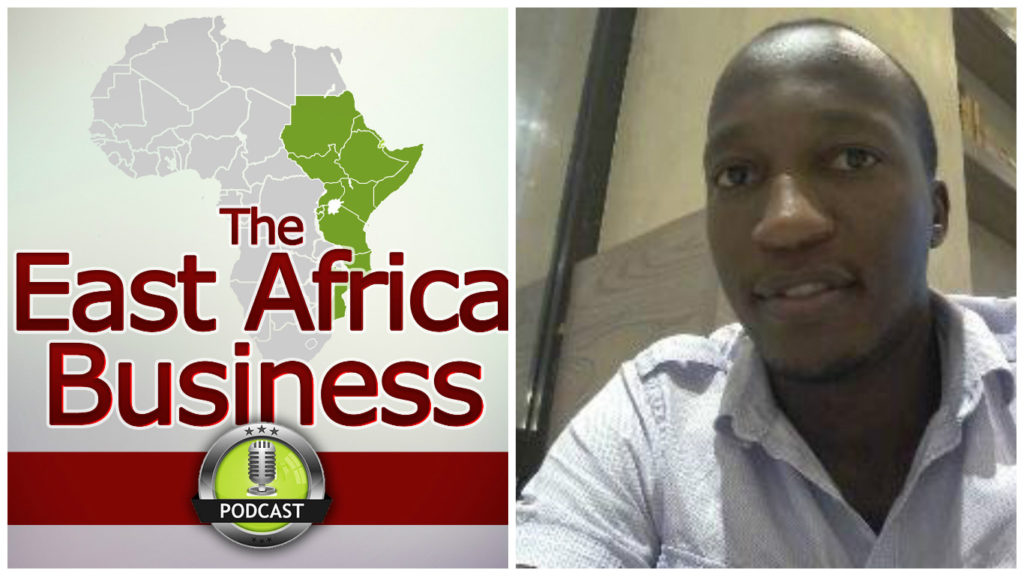Overview
One of the first places I had earmarked for learning about business in Kenya was the iHub.
From reading up on business in East Africa it was always mentioned as the heart of the tech scene
not only in Kenya but also of the whole region.
In fact, when rumours leaked that I would be interviewing Kamal for this podcast, Facebook CEO Mark Zuckerberg made sure to drop in for a visit when he was in Africa in late July.
Kamal and I discuss the government’s role in fostering scalable businesses across East Africa, what makes a good pitch and the areas of growth that he sees in the Kenyan economy.
It’s a very interesting conversation that we have, and I hope you enjoy
Sign up below to hear whenever there are new stories and episodes released on the podcast
Here are some of the key quotes:
“iHub began six years ago”
The original goal was to create a physical space for people who were interested in technology to come together in Nairobi. We now have several components to the organisation.
“Every entrepreneur in Kenya has been through iHub”
We’re not taking credit for them all, but everyone will have passed by for a meeting or to be incubated. I recently inherited this global brand.
“How do we bring value to our community?”
The two things we’re looking at are improving the basic business hygiene of the organisation, and then how can we be better than what we are today.
“Kenya’s growth areas are agribusiness and FinTech”
And this is representative of the startups that come through iHub. This has been helped also by the [ubiquity of M-Pesa].
“I’m beginning to see overlap”
When I sit before pitches, I’m beginning to see repetition of ideas. This isn’t that bad though, as there’s enough space for many.
“I’ve seen a shift away from social enterprises”
The focus of pitches now seem to be more driven by making money which changes the style of the pitch.
“Leadership is an underappreciated quality”
It’s one of the things that I look for in entrepreneurs: not just the idea, but how they carry themselves.
“Considerations about scalability”
Compared to India, businesses will likely be harder to scale than in East Africa. There are different regulators to deal with across multiple countries.
“The blessing of no natural resources”
The fact that Kenya isn’t heavily endowed with natural resources means that we’ve had to develop a diversified economy.
“We want iHub to make businesses more investable”
Our goal is to prepare companies to be designed in such a way that investors are much more comfortable investing, and for this to be a real driver in the economic growth of Kenya.
“We haven’t seen big, big returns”
When it comes to diagnosing why there might not be as much investment occurring, the fact that there haven’t been huge success stories means it is likely that a risky investment will pay off.
“My biggest surprise is how strong the iHub brand is”
Internationally iHub is an incredibly recognisable and well-known entity. Lots of people are excited about what we’re doing. In the summer, Mark Zuckerberg came by during his day in East Africa.
Social Media Follows etc.
Website: http://ihub.co.ke/
Kamal’s blog: here
Facebook: https://www.facebook.com/iHubNairobi/
Twitter: @iHub

